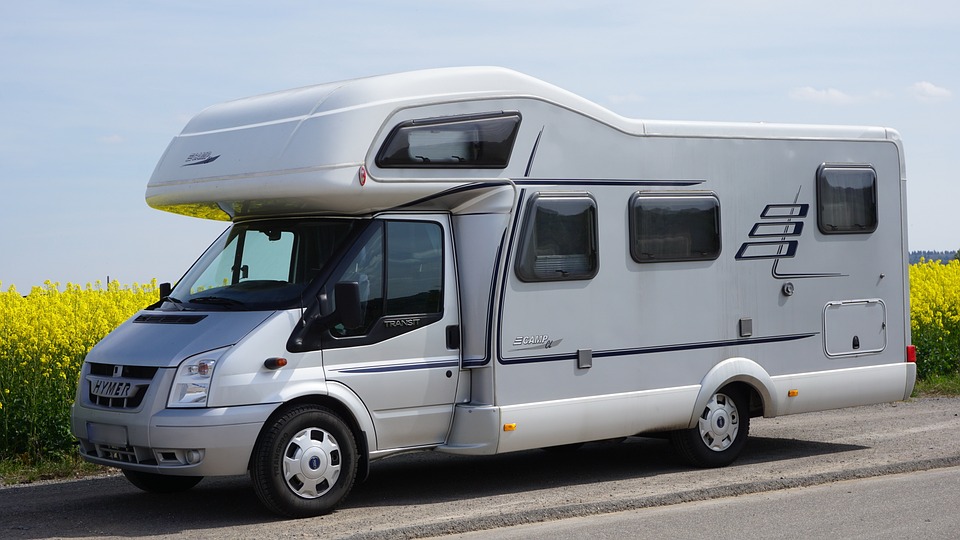Table of Contents
Introduction
Tent camping is a wonderful way to connect with nature and enjoy the great outdoors.
Whether you’re a seasoned camper or a beginner, having some essential tips and tricks in your arsenal can make your camping trip a more enjoyable and successful experience.
In this article, we’ll provide you with everything you need to know about tent camping, from selecting the right tent to staying safe in the wilderness.
Choosing the Right Tent
One of the most critical aspects of tent camping is choosing the right tent.
Consider the size of your group and the amount of gear you’ll be bringing along.
Look for a tent that provides ample space and comfort.
Additionally, pay attention to the tent’s weather resistance, durability, and ease of setup.
A good tent should protect you from the elements while being easy to pitch.
Location, Location, Location
Choosing the perfect camping location is vital.
Research different campsites ahead of time and consider factors such as accessibility, amenities, proximity to water sources, and scenic views.
Look for campsites that offer suitable facilities and follow any rules and regulations the area may have.
By choosing the right location, you’ll enhance your camping experience.
Essential Gear Checklist
Before embarking on your camping trip, make sure you have all the essential gear with you.
Apart from the obvious tent, consider packing sleeping bags, inflatable mattresses or sleeping pads, camping chairs, lanterns or headlamps, cooking utensils, a cooler for food storage, bug repellent, sunscreen, and a first aid kit.
It’s crucial to be well-prepared and have all the necessary items to ensure a successful and comfortable camping trip.
Tips for a Cozy and Comfortable Sleep
A good night’s sleep is key to an enjoyable camping trip.
To enhance your sleeping experience, invest in good-quality sleeping bags and pads to provide insulation and comfort.
Before setting up your tent, clear the ground of rocks and debris, and eliminate any potential discomfort underneath.
It’s also essential to choose the right campsite spot, away from noisy areas and strong winds.
By following these tips, you’ll wake up feeling refreshed and ready to take on the day’s adventures.
Campfire Cooking
No camping trip is complete without some delicious campfire cooking.
Make sure to pack a portable stove or campfire grill for cooking meals.
Plan your meals ahead of time and pack non-perishable food items that are easy to prepare.
Don’t forget to pack aluminum foil for wrapping vegetables or meat for cooking.
Also, remember to bring enough water for drinking and cooking, or locate a clean water source near your campsite.
Stay Safe in the Wilderness
Safety should always be a top priority during your camping trip.
Inform a trusted friend or family member about your camping plans, including your itinerary and expected return date.
Familiarize yourself with the local wildlife and any potential dangers they may pose.
Keep your campsite clean and store food securely to avoid attracting unwanted visitors.
Finally, always follow Leave No Trace principles and be mindful of your impact on the environment.
FAQs Section
Q: How do I choose the perfect campsite?
A: Consider factors such as accessibility, amenities, proximity to water sources, and scenic views when choosing a campsite.
Q: What kind of sleeping gear should I bring?
A: Invest in good-quality sleeping bags and sleeping pads or inflatable mattresses to ensure insulation and comfort.
Q: Are campfires allowed at all campsites?
A: Campfire regulations vary depending on the campsite and local regulations.
Before starting a campfire, check with the park authorities or campground host to ensure fires are allowed and follow any fire safety guidelines in place.
Q: How can I protect myself from mosquitoes and bugs?
A: Make sure to bring bug repellent and consider using citronella candles or mosquito nets around your tent.
Wearing long-sleeved clothing and long pants during peak bug activity times can also help protect you from bites.
Q: What is Leave No Trace and why is it important?
A: Leave No Trace is an outdoor ethics program that promotes responsible outdoor recreation.
It emphasizes leaving natural areas in the same, or better, condition than when you found them.
By following Leave No Trace principles, we can help protect and preserve the wilderness for future generations.




